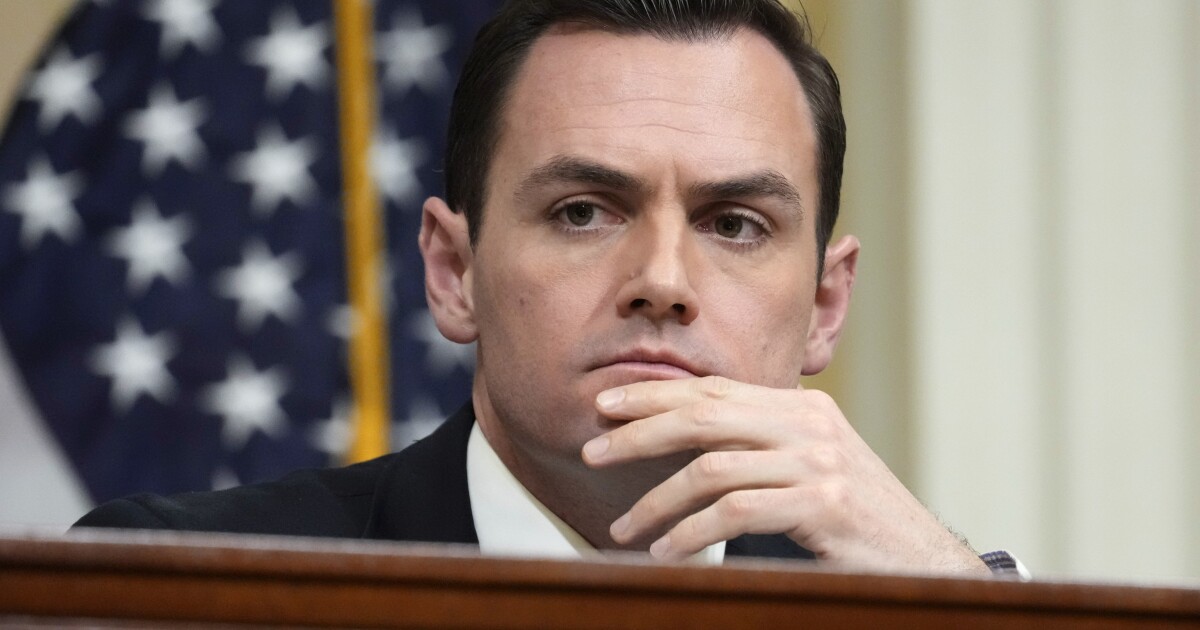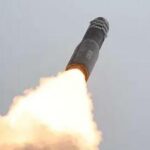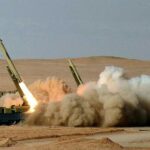

The House China committee will be participating in a tabletop war game exercise focusing on the Indo-Pacific on Wednesday.
The lawmakers will act as national security council advisers influencing fictional decisions regarding U.S. military, defense, and economic responses to a threat from China during the exercise, which was organized by the think tank Center for a New American Security, according to Politico. Becca Wasser and Andrew Metrick of CNAS will act as Beijing during the exercise.
US COMMANDER DISMISSES 2027 ESTIMATE FOR CHINESE INVASION OF TAIWAN: ‘EVERYBODY’S GUESSING’
Wasser told the outlet, “It’s experiential learning,” adding, “It’s an important opportunity to help senior leaders to think through what can happen.”
“The select committee on the Chinese Communist Party is going to be conducting a war game, and I think for a lot of our members, it will be an opportunity to participate in a war game that haven’t done that before. It’s going to be Taiwan focused, Indo-Pacific focused,” Rep. Mike Gallagher (R-WI), the chairman of the committee, said on Tuesday. “Usually when we run these war games, one thing quickly becomes apparent, we go Winchester on critical weapons systems, we run out of long range fires in particular.”
Gallagher quickly previewed the event during a Tuesday House Armed Services Committee hearing in which members heard from top Pentagon Indo-Pacific leaders about their posture and national security concerns in the region.
Jedidiah Royal, the Pentagon’s principal deputy assistant secretary for Indo-Pacific security affairs, said China’s military is conducting “more dangerous and aggressive activities in the region,” adding that, “In just the past twelve months, PLA aircraft and maritime vessels have continued to conduct inherently risky intercepts against U.S. ally and partner assets in the air and at sea, increasing the unacceptable danger of an accident.”
Chinese officials have indicated they want the military to be ready to take Taiwan by force by 2027, while U.S. defense officials have said that is a goal and not a predetermined invasion date. U.S. Indo-Pacific Command Commander Adm. John Aquilino dismissed the timeline and said those were simply guesses.
“Now, for me, it doesn’t matter what the timeline is, the secretary has given me this mission today, so I’m responsible to prevent this conflict today,” he told lawmakers. “If deterrence were to fail, to be able to fight and win. So the timeline, everybody will have an opinion on when it is. I think everybody’s guessing. The intent and need for INDOPACOM, the department, industry, and everybody to go faster will help prevent this conflict.”
Chinese defense leaders have largely ignored outreach by their U.S. counterparts in recent months amid a series of incidents, which a top Pentagon official described as a ploy to spook the U.S. into leaving the region.
CLICK HERE TO READ MORE FROM THE WASHINGTON EXAMINER
“And [Chinese officials take the view] that if we want to avoid crises, there’s a simple solution, and that’s just to get out of the Western Pacific, and to abandon our alliances and partnerships, and leave,” the Pentagon’s Colin Kahl, undersecretary of defense for policy, told Foreign Policy. “And leave that part of the world to be an exclusive sphere of influence lorded over by Beijing.”
Secretary of Defense Lloyd Austin said in February, after the Chinese spy balloon traversed across the continental U.S., “When something happens, they [China] somehow tend to shut down their military channels of communication.”





